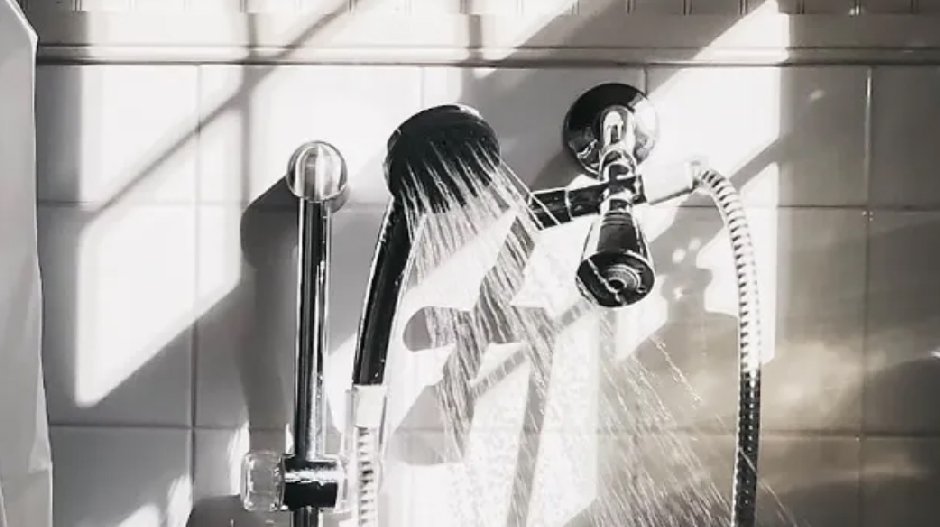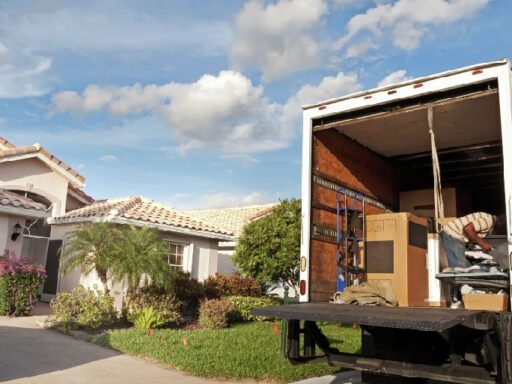A whistling noise from your shower after turning it on is not the greeting to expect. It is not the most relaxing shower, whether there is brief whistling or continuous noise. This is generally a sign that shower plumbing components are wearing down and require replacement. These aren’t always expensive fixes, either.
If you don’t resolve them, the whistling will continue. The problem could worsen, eventually becoming a more costly repair. Here is how to fix a whistling shower.
Clean Your Showerhead
Your showerhead may require cleaning or replacement. An old showerhead may have minerals built up, clogging the small nozzles and creating a whistling noise whenever it is turned on.
To clean your showerhead, remove it and soak it in pure white vinegar overnight. This will break apart any mineral buildup. Should this not work, replace the showerhead with another and see if the whistling remains.
Clean the Showerhead Pipe
Your showerhead pipe may be clogged with mineral debris. Squeezing past this clog may cause the water to whistle as it pushes through. The hole water must flow through to get from your wall to the showerhead is small. Remove the showerhead and clean the pipe if clogged.
Call a Plumber
If any of these jobs seem too complex or complicated, you shouldn’t have to deal with whistling every time you turn on the tap. A plumber can do the work for you and provide permanent repairs to ensure this doesn’t continue.
An expert plumber can repair whistling, hissing, high-pitched noises, or squealing sounds. Don’t let a plumbing issue bother you. There’s always a fix.
Replace the Shower Valve
The shower valve engages when you move the handles to turn on and adjust the shower water. A shower valve controls the hot/cold water temperature. When this wears out, you may experience leakage or whistling.
The only fix is replacing it, which a plumber is best suited to, as it requires cutting into the wall and getting to the plumbing behind your shower. It’s a complex job.
Replace the Shower Cartridge
This is a better job to lean on a professional. The shower cartridge can be interfered with in various ways, from poor design to wear and tear over time. A blocked shower cartridge may whistle.
The shower cartridge is inside the valve. The trickiest part of replacing the cartridge is getting access to the valve, which a licensed plumber should do.
Replace Your Faulty Diverter Valve
A faulty diverter valve may be something else causing a whistling shower. It’s what prevents water from coming out of the tub faucet and sending the flow to the showerhead.
A way to test this is to see if the whistling sound changes when you pull the hand of the diverter valve. If it does, you probably have your answer as to what the issue is and what needs attention.
Water Pressure May Need to Be Lowered
When the water pressure is too high, it could indicate a larger issue with your home’s plumbing. Extremely high-water pressure can lead to whistling or squealing.
While lowering water pressure is recommended, it is also best to check other factors, such as clogged pipes. An experienced plumber may be needed to rule out all sorts of underlying causes that could cause complications.
Address Pipe Rubbing Against Anchoring Straps
If the whistling is more of a squeaking sound, this may be a sign that hot water is causing the pipe to expand as water passes through it. As this happens, the pipe rubs against the anchoring straps and a squeaking sound is produced from that friction. The pipe will have to be properly anchored, which requires a professional.
A Sign of Other Issues
If your shower or plumbing has reached the point where it is whistling or squealing, it could be a sign that there’s more to fix that’s not making noise. Rusting or corroding pipes that haven’t been adequately maintained are standard in plumbing. While whistling is not the most pleasant sound, it’s more about what you need to see that poses the true risk.
Whistling Won’t Fix Itself
In none of those above scenarios, whistling will automatically fix itself. It will continue to sound unpleasant for a long time to come. While whistling is not necessarily a dangerous sign, it shows a gradual breakdown of components that you will want to address sooner rather than later.
Until you do, you’ll continue to have any plumbing problems. It may lead to more expensive repairs further down the road and increased damage.






